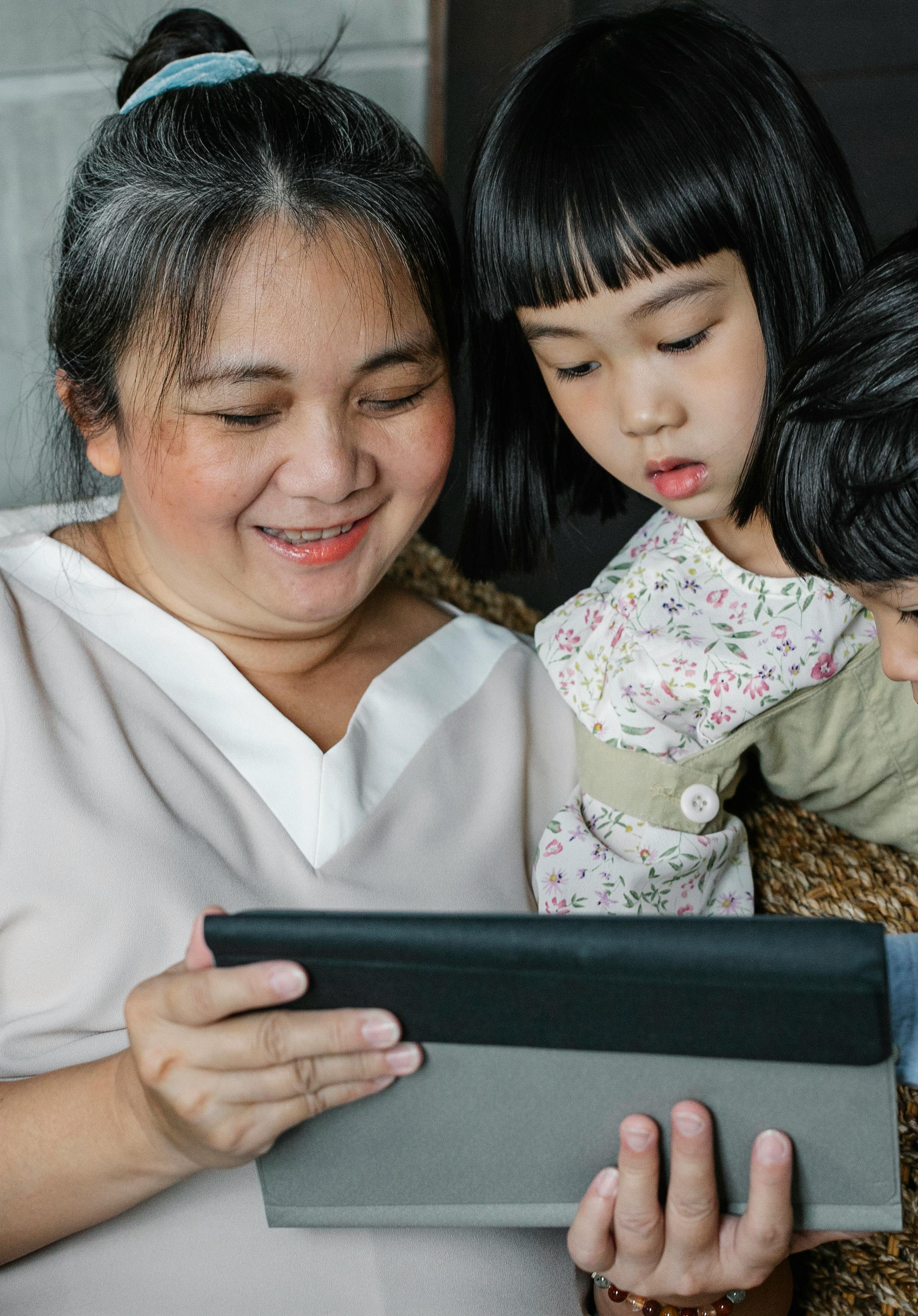Table of Contents
Importance of Emergency Preparedness
When leaving your children in the care of a babysitter, it is crucial to ensure that they are prepared to handle any emergency that may arise. From minor injuries to natural disasters, having a babysitter who is equipped to handle unexpected situations can provide you with peace of mind knowing that your children are in good hands. Whether it’s knowing the nearest hospital or being familiar with your child’s allergies, a babysitter who is prepared can make all the difference in keeping your children safe.
On-Demand Childcare in Your Neighborhood
Book a Sitter
Communication and Emergency Contacts
One of the first steps in emergency preparedness when hiring a babysitter is establishing clear communication and providing them with important emergency contacts. Before leaving your children in the care of a babysitter, make sure to provide them with a list of emergency contacts, including your contact information, the contact information of a trusted neighbor or family member, and the contact information for emergency services. Additionally, be sure to communicate any specific instructions or medical information about your children that may be important in case of an emergency.
First Aid and CPR Training
Another key aspect of emergency preparedness when hiring a babysitter is ensuring that they are trained in first aid and CPR. In the event of a medical emergency, having a babysitter who is trained to provide basic first aid and CPR can make a significant difference in the outcome. Consider asking potential babysitters if they have taken a first aid and CPR course and if not, encourage them to do so before caring for your children. Additionally, make sure to provide them with a list of important medical information about your children, such as any allergies or medications they may be taking.

Fire Safety and Evacuation Plans
In addition to medical emergencies, it is important to consider fire safety and evacuation plans when hiring a babysitter. Make sure to discuss with your babysitter the layout of your home, including the location of fire extinguishers, smoke alarms, and emergency exits. In the event of a fire, your babysitter should know how to safely evacuate your children from the home and where to gather in case of a fire.
Consider practicing fire drills with your babysitter and children so that everyone is prepared in case of an emergency.
Emergency Preparedness Kit
Lastly, it is important to ensure that your babysitter has access to an emergency preparedness kit in case of unexpected situations. An emergency kit should include basic supplies such as bandages, gauze, antiseptic wipes, gloves, a flashlight, and non-perishable snacks. Consider providing your babysitter with a list of items to include in the kit and make sure they know where it is located in your home. Additionally, consider including important documents such as medical information and emergency contacts in the kit for easy access in case of an emergency.
In conclusion, emergency preparedness is a crucial aspect to consider when hiring a babysitter. By ensuring that your babysitter is equipped to handle any unexpected situation, you can have peace of mind knowing that your children are safe and in good hands. From establishing clear communication and emergency contacts to providing first aid and CPR training, taking the time to prepare your babysitter for emergencies can make all the difference in keeping your children safe. Remember, it is better to be over-prepared than to be caught off guard in an emergency situation.











